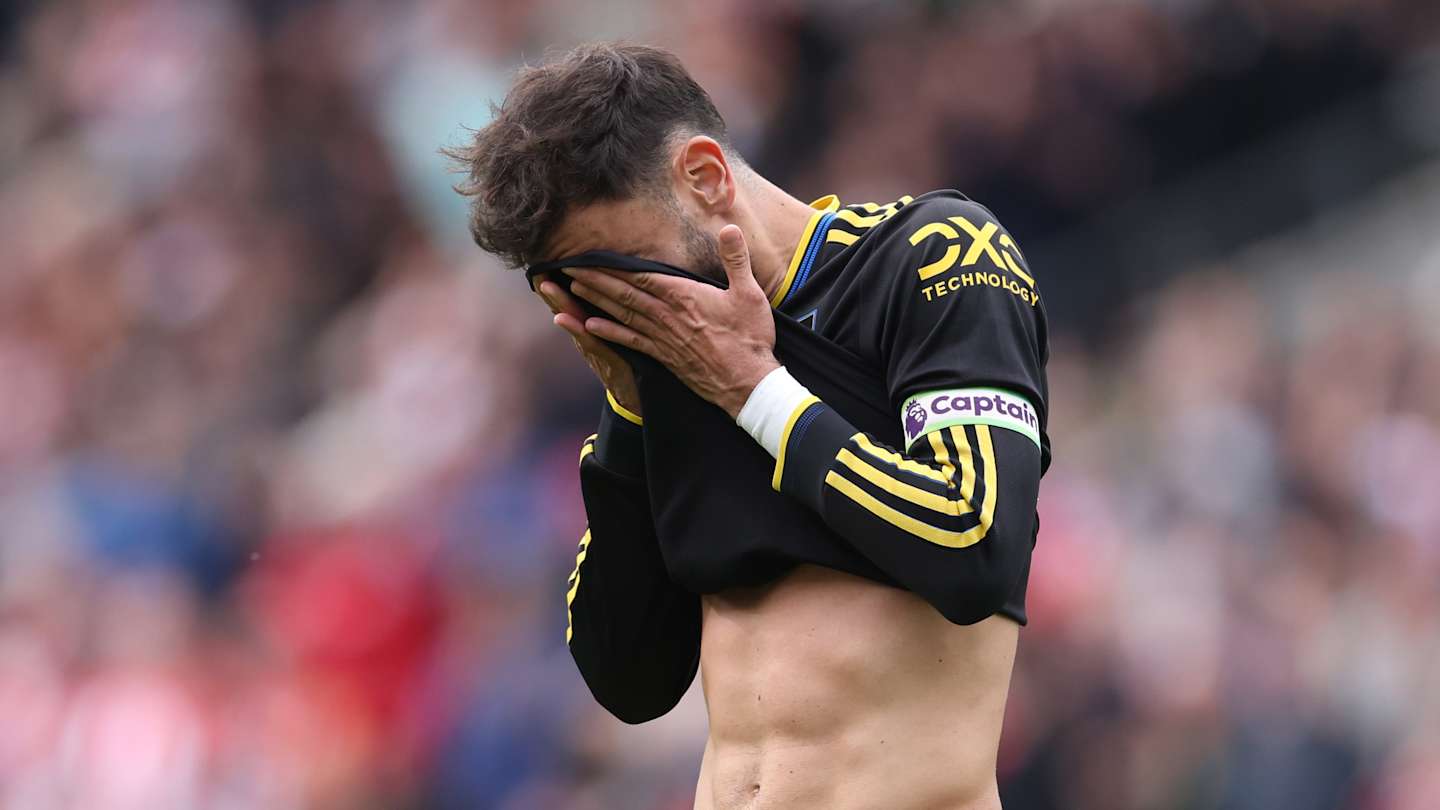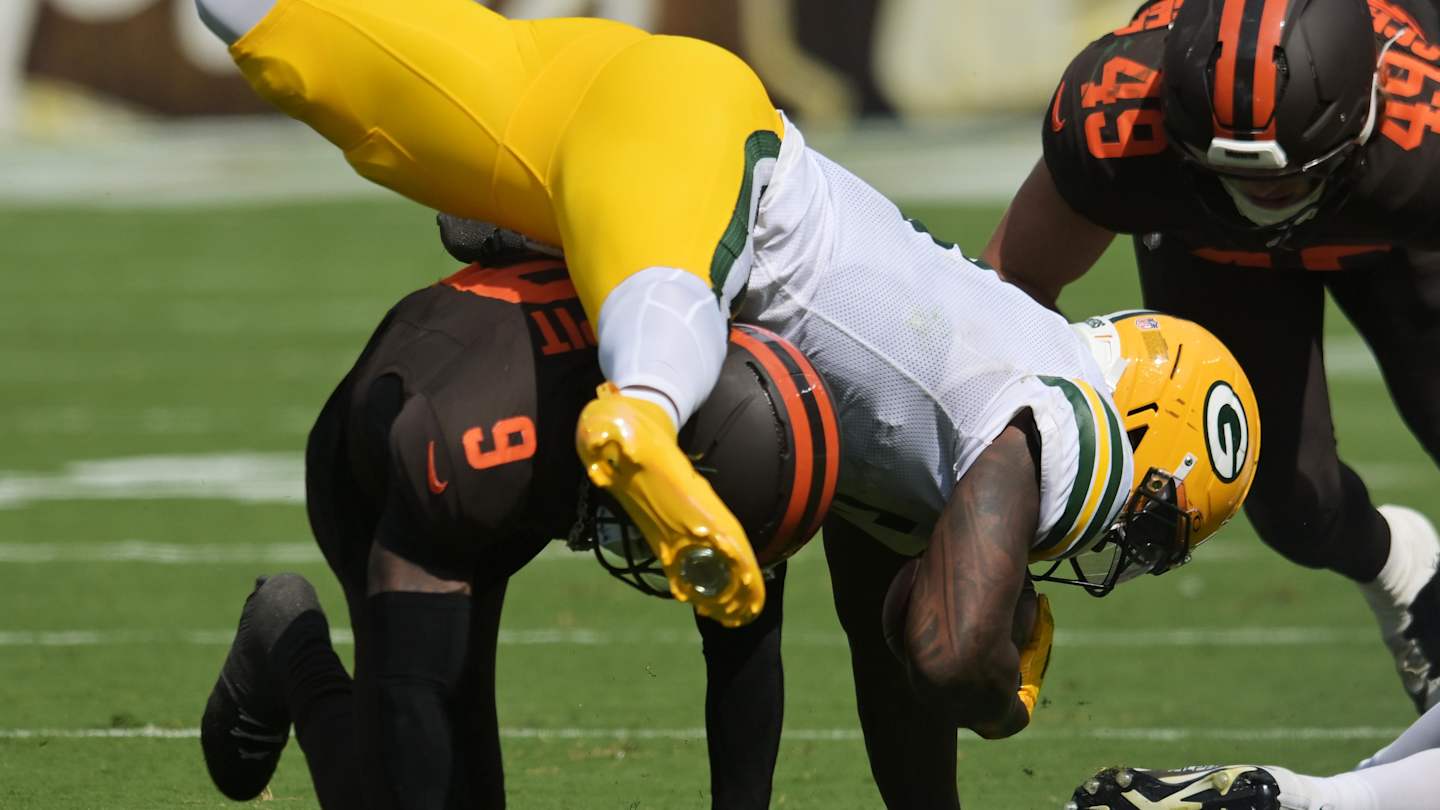
European football’s most prestigious club competition, the UEFA Champions League, is set for a significant procedural tweak in its knockout stages starting from the 2025-26 season. This alteration, driven by vocal complaints from powerhouses Barcelona and Arsenal, promises to add another layer of intrigue to the continent’s premier club tournament.
The new-look Champions League format, which debuted last season with an expanded 36-team league phase, is largely remaining intact. However, a crucial modification concerning home advantage in the knockout rounds aims to reward consistent performance in the initial stage.

Home Advantage: A New Era for Knockout Ties
Historically, the allocation of home advantage for the second leg of quarterfinal and semifinal ties was determined by a random draw. Playing the decisive second leg in front of a home crowd is widely considered a significant psychological and strategic advantage, allowing teams to harness their fans’ energy when it matters most.
From the 2025-26 campaign, this will no longer be left to chance. Instead, the right to host the second leg will be directly tied to a club’s performance in the league phase. The top four teams from the league standings will be guaranteed to play their quarterfinal second leg at home. Furthermore, the top two finishers will also secure home advantage for their semifinal second leg, should they progress that far.

However, the new rule comes with an interesting twist. The UEFA Champions League rulebook states: “Seeded teams, i.e. teams ranked 1 to 4 after the league phase, play the return leg at home in the quarter-finals, and teams ranked 1 and 2 also play the return leg of the semi-finals at home. If a seeded team is beaten in any round, the team that eliminates them takes over their seeding position in the bracket path (i.e. the higher ranking for seeding purposes is not recalculated after each round).”
This means that while a team’s league phase performance sets the initial home advantage, a lower-ranked team can “inherit” that advantage by upsetting a higher-ranked opponent. For instance, if Paris Saint-Germain, who finished 15th last season, were to eliminate a top-ranked team like Liverpool in the Round of 16 under the new system, they would then assume that team’s seeding position and gain home advantage for subsequent quarterfinal and semifinal second legs.
Why the Change? Arsenal and Barcelona’s Frustrations
The impetus for this significant rule change stems directly from the frustrations voiced by two of Europe’s biggest clubs: Arsenal and Barcelona, following their Champions League exits last season.
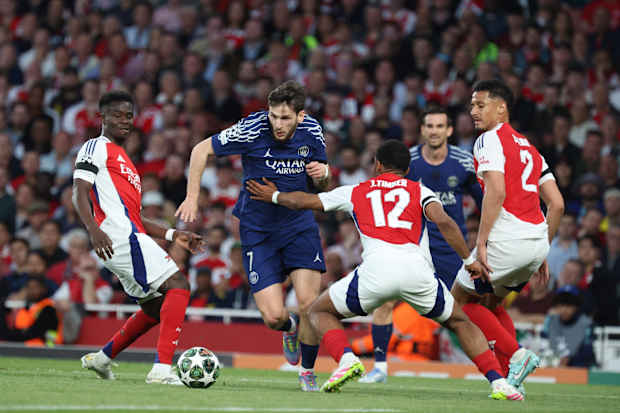
Arsenal, despite finishing a commendable 12 places higher than eventual champions Paris Saint-Germain in the league phase, were forced to play their 2024-25 semifinal second leg away from home in Paris. The Gunners felt this put them at an unfair disadvantage, undermining their superior performance in the initial stage of the competition. Their complaints highlighted a perceived imbalance in the previous system.
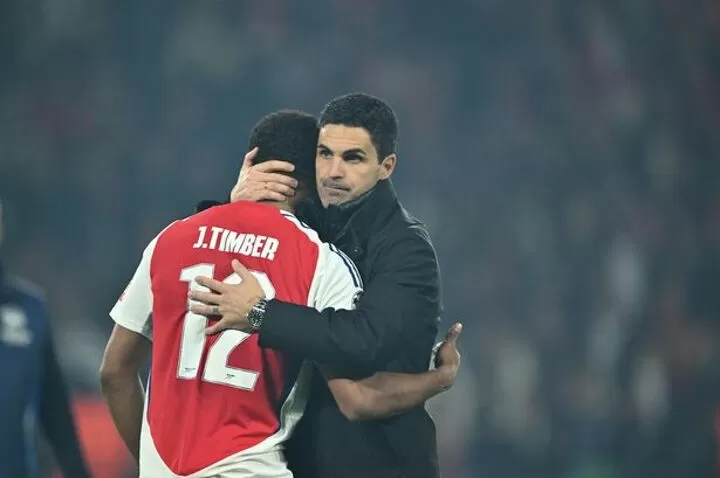
Barcelona faced a similar predicament, having to play both their quarterfinal and semifinal second legs away from home. In the quarterfinals, they nearly squandered a 4-0 home lead against Borussia Dortmund at Signal Iduna Park. Their Champions League journey ultimately ended in the semifinals, where they were eliminated in extra time by Inter at San Siro. These experiences fueled their calls for a more merit-based system for determining knockout stage home advantage.
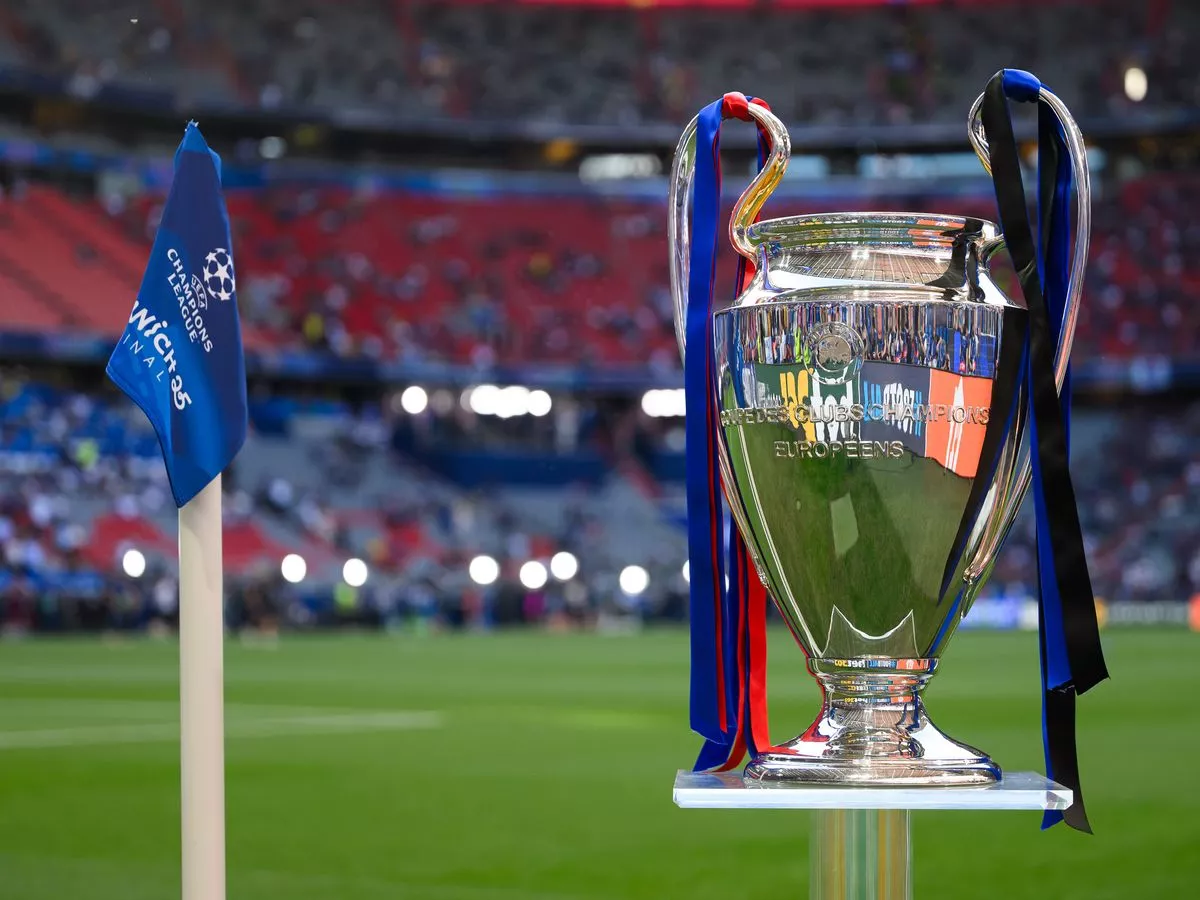
The new rule aims to rectify these perceived injustices, ensuring that teams who perform strongly in the league phase are appropriately rewarded. However, it also introduces a new dynamic where lower-ranked teams can still earn home advantage by overcoming seeded opponents, promising even more dramatic twists in future Champions League campaigns.
This Champions League rule change is a testament to UEFA’s responsiveness to club feedback and its continuous effort to evolve the competition. It sets the stage for even more compelling narratives and strategic battles as clubs vie for European supremacy in the seasons to come.

